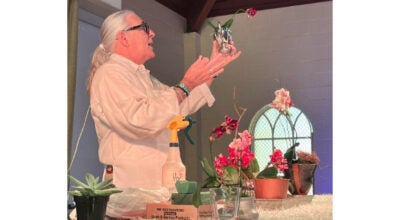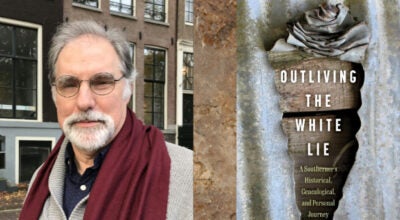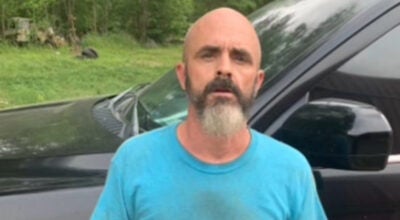Filing: FBI found second error in Manning death row case
Published 11:22 am Tuesday, May 7, 2013
JACKSON, Miss. (AP) — The FBI has identified another error about its testimony in the case of a Mississippi death row inmate scheduled for execution on Tuesday, the prisoner’s lawyer said in a court filing.
Willie Jerome Manning is scheduled to die by injection at 6 p.m. at the state prison in Parchman for the 1992 slayings of two college students.
Manning’s lawyers said in a filing with the Mississippi Supreme Court that the execution should be stopped based on the Justice Department’s admission and previous disclosures about testimony that it says exceeded the limits of science.
The letter, sent late Monday, said there was incorrect testimony related to tests on bullets found in a tree by Manning’s house that were compared to bullets found in the victims.
That kind of examination “is not based on absolute certainty but rather a reasonable degree of scientific certainty,” the letter said.
Manning’s girlfriend testified that days before the slayings, Manning had been firing a handgun at a tree behind their house, according to court records. An FBI expert had testified that bullets from the tree matched those recovered from the scene of the crime.
The Mississippi Supreme Court has split 5-4 in previous rulings in the case, and it’s not clear if the new developments could sway one of the judges.
Last week, the FBI said its microscopic analysis of evidence, particularly of hair samples found in a car belonging to one of the victims, contained erroneous statements.
Manning’s lawyers want the court to stop the execution for additional testing. The Supreme Court, in separate rulings, has declined to grant Manning time for the tests and to stop his execution.
A spokesman for Gov. Phil Bryant said the governor has not decided whether to block the execution.
The bodies of Mississippi State University students Jon Steckler and Tiffany Miller were found in rural Oktibbeha County in December 1992. They had been shot to death. Manning was convicted in 1994. Prosecutors said Manning was arrested after he tried to sell some items belonging to the victims.
In dueling court filings Monday and Tuesday, Manning’s attorneys say new DNA testing could exonerate the inmate, but the Mississippi attorney general’s office argues that there’s overwhelming evidence of Manning’s guilt.
Attorney General Jim Hood said in court filings that his office disputes claims by Manning’s supporters that DNA testing has never been done in the case. Hood says it was performed in 1993.
Manning’s attorneys say that only a blood stain on a shirt from an earlier suspect had been submitted for DNA testing and that the rape kit, hair and other evidence was not tested for DNA. But a filing from Hood on Tuesday said the rape kit and fingernail scrapings produced no evidence to test.
The FBI offered last week to conduct DNA testing after saying its microscopic analysis of evidence, particularly of hair samples found in Miller’s car, contained erroneous statements. Manning’s lawyers seized on that statement as key to seeking a stay of execution.
In its 5-4 ruling April 25, the state Supreme Court said there was “conclusive, overwhelming evidence of guilt” presented to an Oktibbeha County jury.
The Supreme Court said the jury heard from Manning’s cousin and a prison cellmate that Manning has confessed to the slayings. The court said other witnesses testified that Manning tried to sell them items that were later shown to have belonged to Steckler and Miller.
———
Associated Press writer Holbrook Mohr contributed to this report.





